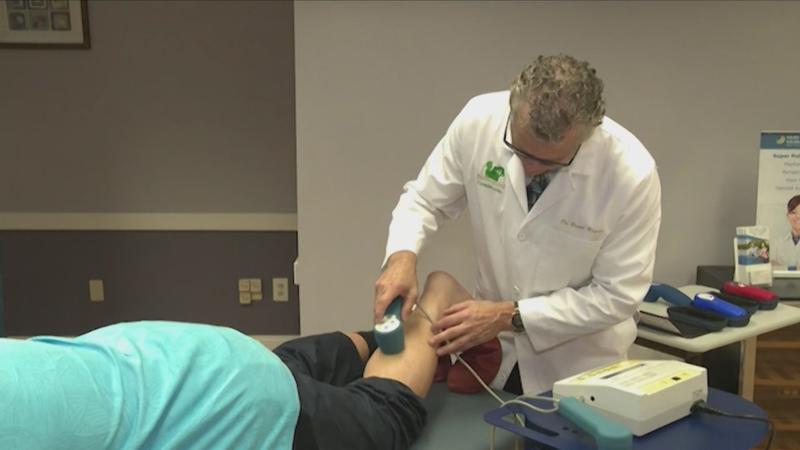First Alert Weather In-Depth: Does air pressure affect your joint pain?
[anvplayer video=”5110010″ station=”998131″]
ROCHESTER, N.Y. (WHEC) — Over my young meteorological career, I have had many people come up to me and say “Hey Alex, my joints are hurting so that means it will rain (or snow) later today.”
So, that has led me to investigate and find out if there is a correlation between joint pain and air pressure and temperature. I spoke with Dr. Katie Rizzone, an Associate Professor of Orthopedics & Pediatrics at URMC.
“The actual science data does not show a perfect correlation, but it does seem with variations in barometric pressure and temperatures people definitely report differences in their pain and join stiffness," Rizzone said.
Rizzone added, at the cellular level doctors and scientists are still unclear on what the cause is, but some scientists believe that the rise and fall of air pressure cause your tendons, muscles, and any scar tissue to expand and contract. So may a lack of activity.
“When there are certain weather changes, people often move around less, and when you move around less it lubricates your joints less. So, that in it of itself, decrease motion or decrease prompt to do things based off of weather patterns could be contributing as well," Rizzone said.

[News10NBC]
People with arthritis are more likely to feel the symptoms, and commonly affected areas include; the thumb, big toe, knee, hip, shoulders, neck, and back. Also, individuals are most likely to feel the symptoms when the weather changes quickly.
"I do think it’s a time frame when the weather is changing, even though it is getting warmer overall this time of year, people’s joints flare-up. So, March through May is a tough time for my joint pain patients in this area," Rizzone said.
Rizzone stressed that you should listen to your body when you are experiencing aches and pains in your joints and take it easy. Also, she says to pay attention to the weather report for any rapid changes in the weather pattern.
To stay up to date on any big weather changes, stick with your First Alert Weather Team for the latest and up-to-date weather information!